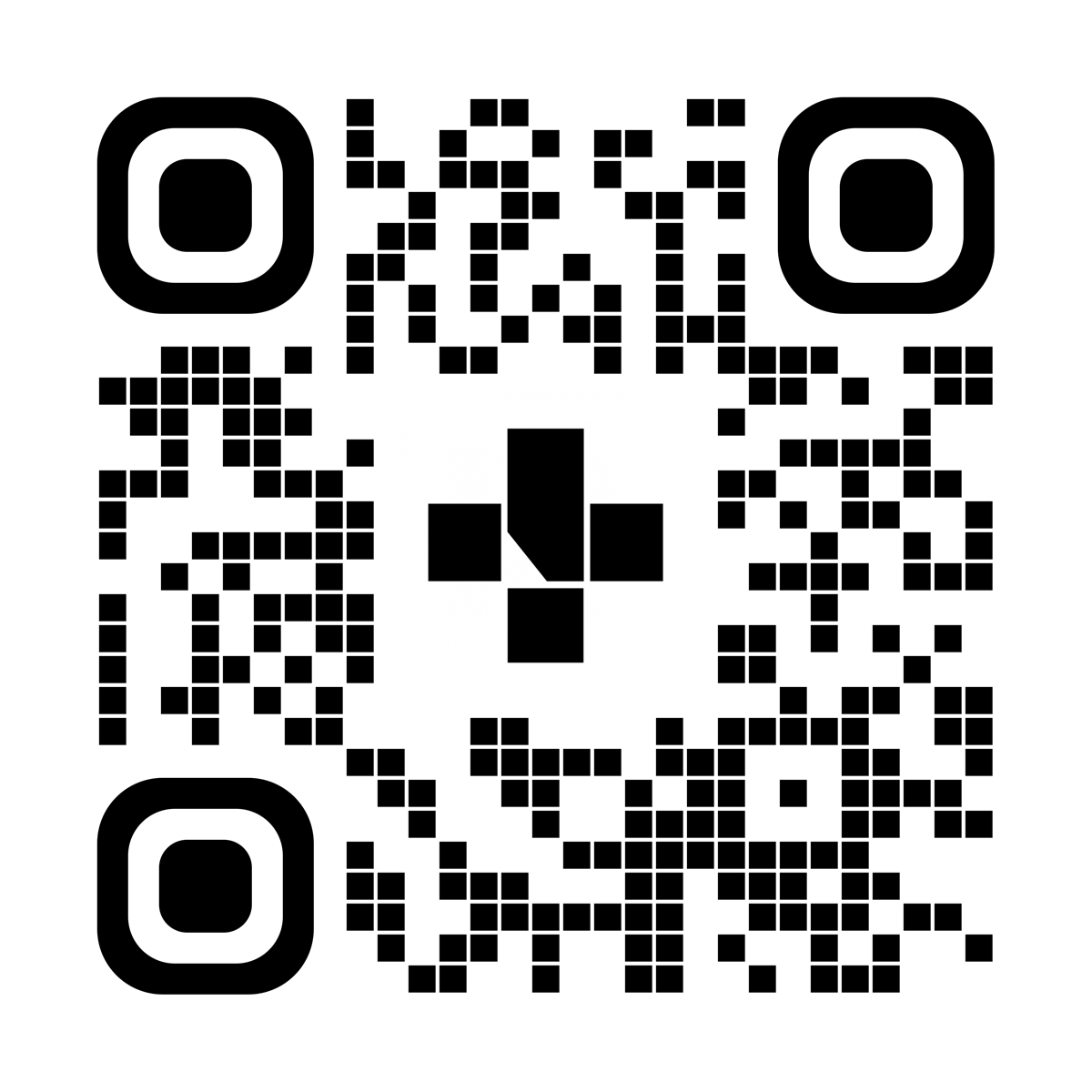Emergency Department Buprenorphine/Naloxone (Suboxone)
Instructions for leaving the hospital
The emergency department gave you buprenorphine/naloxone (common brand name: Suboxone) to help treat an opioid use disorder. You were given 3 more doses of buprenorphine/naloxone to take with you.
It’s important that you keep taking this medicine. Congratulations on taking this step!
What is buprenorphine/naloxone and how does it work?
Buprenorphine/naloxone is a pill that has 2 medicines. A common brand name is Suboxone. The goal of this medicine is to help you use other opioids less, so you are safer and healthier.
Buprenorphine is a type of opioid (like morphine, heroin or methadone) but it works differently than other types of opioids. Buprenorphine helps treat withdrawal and can get rid of cravings more safely than other medicines. Once you get the right dose of buprenorphine, it will prevent withdrawal symptoms and can help you stop taking other prescription or purchased opioids.
Naloxone (Narcan) is added to buprenorphine to prevent people from injecting it. When the buprenorphine/naloxone pill is dissolved under the tongue, the naloxone doesn’t do anything. If the pill is injected, the naloxone can cause withdrawal symptoms or prevent opioids from working.
How do I take buprenorphine/naloxone?
Take buprenorphine/naloxone by mouth and dissolve it under your tongue. This medicine may take 15 to 30 minutes to dissolve. It’s important to dissolve this medicine under your tongue as it won’t work if you swallow it. After you take the medicine, wait at least 30 minutes before you eat or drink.
When should I take buprenorphine/naloxone at home?
Take this medicine only when you are in moderate withdrawal. This is the point when you feel like you want to use or inject to prevent more withdrawal symptoms.
It’s important that you feel really sick before you take your first dose of buprenorphine/naloxone. If you take it before you feel really sick, it can make your symptoms much worse.
Dosing
You were given 3 more doses of buprenorphine/naloxone to take with you. Each dose of buprenorphine/naloxone is 2 mg. Be sure to wait at least 1 hour in between doses.
Don’t take your next dose if you feel worse, sleepy, sedated, or have a hard time focusing. If this happens, call the clinic as your dose may be too strong.
You should feel a little better or about the same after you take each dose.
First dose
Take your first dose (2 mg) and wait 1 hour. It will take 30 to 45 minutes for this medicine to start working.
Write down the time of your first dose: __________
Second dose
About 1 hour after your first dose, check to see how you feel. If you feel better, about the same, or not much worse, take your second dose.
Write down the time of your second dose: _________
Third dose
Wait 1 hour after your second dose before you take your third dose. This is your last dose until you go to your community clinic appointment. Bring this handout to your next day follow-up appointment.
Write down the time of your third dose: _________
Getting the right dose
When you start taking buprenorphine/naloxone, it usually takes 2 to 3 days to get the right dose of this medicine into your body. Your body will be ready for a higher dose of this medicine tomorrow. Until then, you will likely have some cravings and withdrawal symptoms.
While you’re taking buprenorphine/naloxone
- Don’t use another type of opioid (“dope” or “down”) such as heroin, fentanyl, morphine, dilaudid, hydromorphone, Percocet, or methadone. If you use other opioids while you’re taking buprenorphine/naloxone, you are at risk for opioid poisoning. If you choose to use other opioids, use as little as possible to lower the risk of poisoning.
- Don’t take it with other medicines that make you sleepy or relaxed such as benzodiazepines (“benzos”), alcohol, sedatives, or sleep aids.
- Arrange for someone to drive you home from the hospital after you take this medicine.
- Be careful doing any activity where you need to be alert.
- Stop taking it if it makes you feel worse, sleepy, or you have a hard time focusing.
If you have side effects that you’re worried about after you leave the emergency department, call Health Link at 811, go back to the Emergency Department, or call 911 for help.
To see this information online and learn more, visit MyHealth.Alberta.ca/health/pages/conditions.aspx?Hwid=custom.ab_suboxone_edinduction_ac_adult.

For 24/7 nurse advice and general health information call Health Link at 811.
Current as of: May 13, 2024
Author: Emergency Strategic Clinical Network, Alberta Health Services
This material is not a substitute for the advice of a qualified health professional. This material is intended for general information only and is provided on an "as is", "where is" basis. Although reasonable efforts were made to confirm the accuracy of the information, Alberta Health Services does not make any representation or warranty, express, implied or statutory, as to the accuracy, reliability, completeness, applicability or fitness for a particular purpose of such information. Alberta Health Services expressly disclaims all liability for the use of these materials, and for any claims, actions, demands or suits arising from such use.
